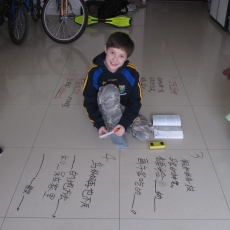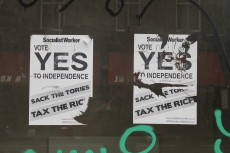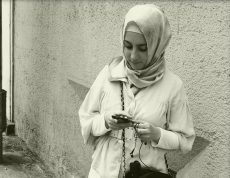The CPD Blog is intended to stimulate dialog among scholars and practitioners from around the world in the public diplomacy sphere. The opinions represented here are the authors' own and do not necessarily reflect CPD's views. For blogger guidelines, click here.

CPD Blog Contributor Ali Fisher argues that big data can offer big insights for diplomats.

CPD Director Jian Wang gives an overview of the latest issue of Perspectives on Public Diplomacy.

CPD Advisory Board Member Kounalakis on what gets lost when independence is gained.

Diplomatic implications of U.S. race relations past and present.

CPD University Fellow Laurie Brand considers the evolution of Middle Eastern nation branding with a focus on Algeria and Egypt.

CPD Blogger Di Wu breaks down why the Ice Bucket Challenge went viral.

Philip Seib encourages public diplomats to read the comments section.

Cari Guittard offers a blueprint for increasing your "contextual intelligence."
Pages
Visit CPD's Online Library
Explore CPD's vast online database featuring the latest books, articles, speeches and information on international organizations dedicated to public diplomacy.
POPULAR ARTICLES
-
January 29
-
January 20
-
January 28
-
January 2
-
January 8
Featured Blogger
Join the Conversation
Interested in contributing to the CPD Blog? We welcome your posts. Read our guidelines and find out how you can submit blogs and photo essays >.








